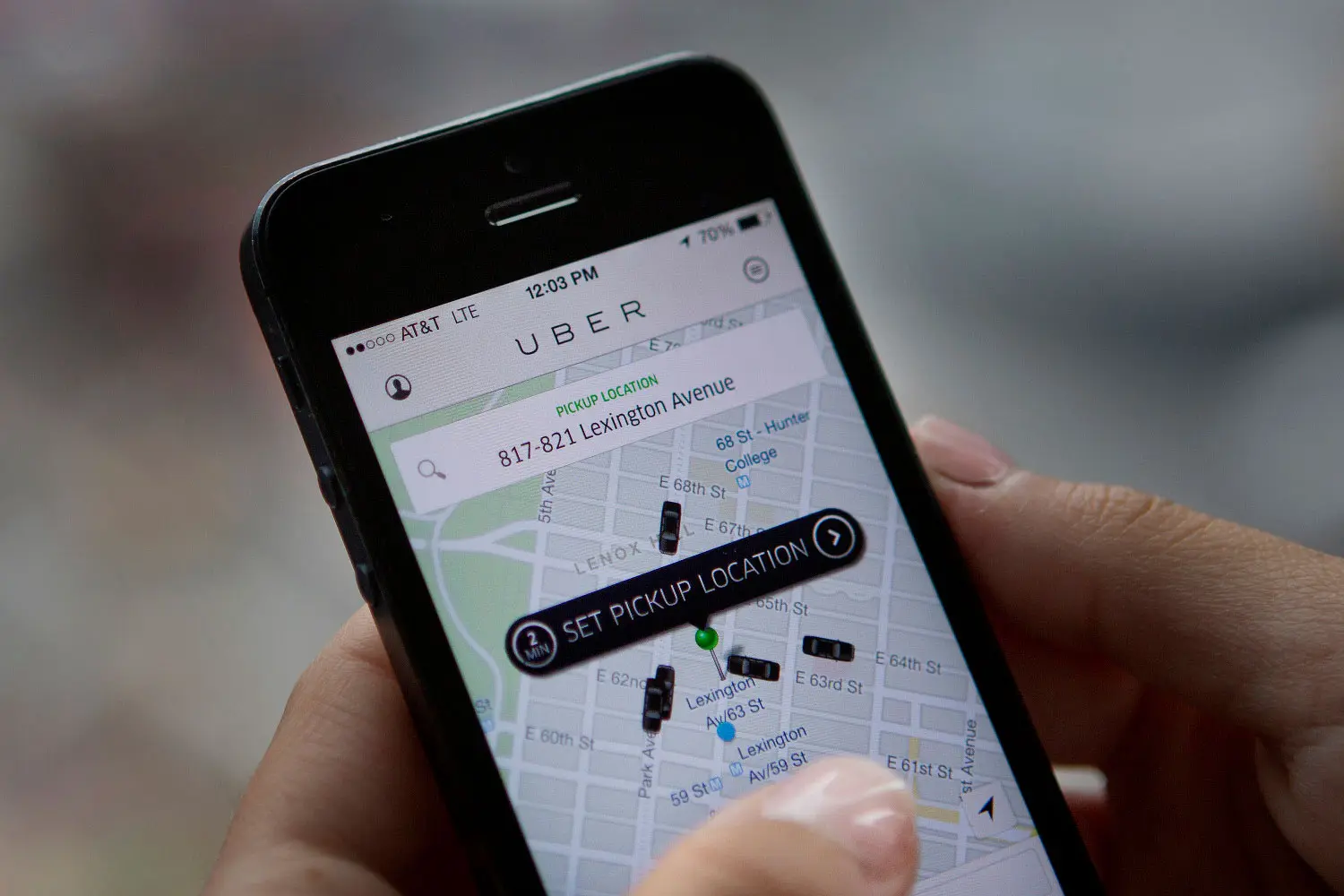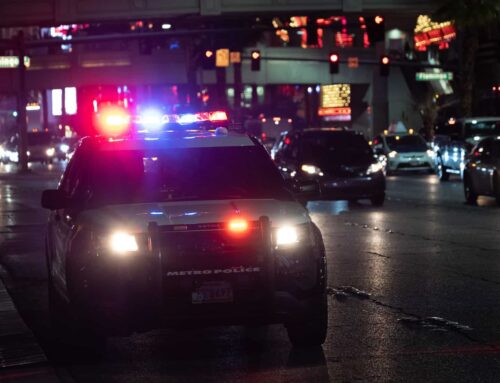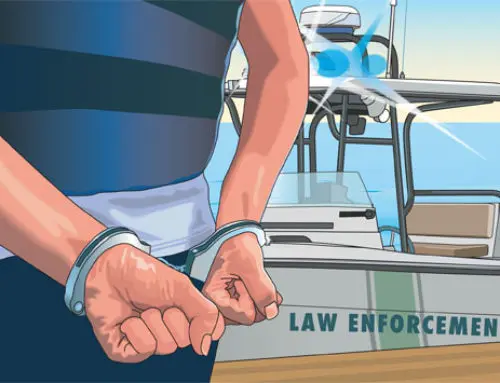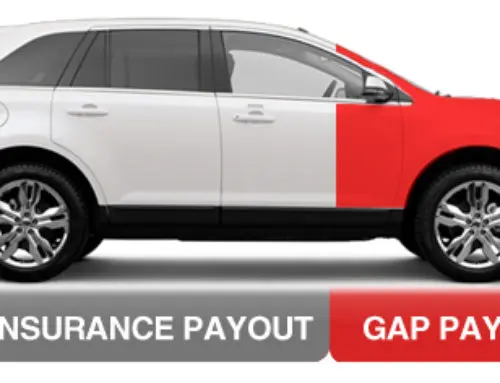Cheap Uber And Lyft Rideshare Insurance – Uber and Lyft only cover rideshare drivers during Periods 2 and 3. Period 2 starts once you accept a ride request and are en route to your passenger, and Period 3 starts once your passenger gets into your car. BUT when you’re online and waiting for a request during Period 1, you have no collision coverage from Uber or Lyft and much lower liability limits. So as a rideshare driver, you’re most at risk during Period 1 since you won’t get any collision coverage from rideshare companies and your personal insurer likely won’t cover you during this time either.
Rideshare insurance solves this gap by covering drivers during Period 1, and additionally they won’t drop you for being a rideshare driver. Some policies will even cover you during Periods 2 and 3 so you won’t be subject to Uber’s $1,000 collision deductible and Lyft’s $2,500 collision deductible.
All rideshare drivers are required by Uber and Lyft to have personal insurance in order to become a rideshare driver. Originally, the TNC’s wanted your personal insurance to cover all of your rideshare activities but the insurance companies quickly said ‘NO’ to that. That should make sense too, if you’re driving people around and making money, you’re no longer engaging in personal driving activities so why would personal insurance be on the hook for that?
The Coverage Is Not The Problem
If you’re going to engage in livery, you need some type of commercial insurance for that portion of time while you’re driving people around. As it stands now, Lyft and Uber offer primary liability and excess collision when you’re engaged on a trip or on your way to pick up a passenger.
So right now, as a rideshare driver you are 100% covered if you get into an accident. I won’t go into every scenario since there are a lot of different possibilities and outcomes but either your insurance (not as likely) or Uber/Lyft’s insurance (more likely) will cover you if you get into an accident. If the latter ends up happening though, you will have to pay a $1,000/$2,500 deductible to receive collision coverage.
What’s The Risk Then?
I still see articles and comments popping up from time to time that say you’re not covered if you get into an accident while driving for Uber & Lyft. That is 100% false, you’ll be covered. But the real risk that stems from getting into an accident is that your personal insurance company will find out and drop you.
If/when you get into an accident while rideshare driving, you have the option of making a claim through your personal insurer or going through Uber/Lyft’s insurance company (they both use James River). I know some people have been able to go through their personal insurance without being dropped but that is likely because they were never asked about being a rideshare driver. Most personal insurance companies now ask this question as part of their standard protocol after you get into an accident.
wouldn’t advise lying to your insurance company since that’s a crime. But let’s say you decide to go through Uber/Lyft’s insurance in order to avoid having your personal insurance company find out you got into an accident while rideshare driving. That strategy works well for the liability portion but since both companies offer collision coverage in excess, you will need to make a claim with your personal auto insurer first. If they deny it (which they likely will), then Lyft and Uber will step in to cover you. But you still run into the same problem as before since your insurance company will likely drop you from your policy once you admit to being a rideshare driver.
I haven’t gotten into an accident yet while driving rideshare (although it would make for good writing material :)) but I have spoken first-hand to a few people who have.
- Going through your personal insurance company: I talked to a couple people who got into accidents and actually were able to successfully get covered by their personal insurance. But both people I talked to did not reveal that they were a rideshare driver to their insurance company. The first person said they were never asked and the second said that the adjuster asked a question about driving to work but nothing specific about being a rideshare driver.
- Getting into an accident while driving for Uber: I spoke with one person a couple weeks ago who got into an accident and went through Uber’s insurance. The process was slow and a bit painful but they did end up getting covered. They did have to pay the $1,000 deductible but Uber did not make them file a claim with their personal auto-insurer first. Technically, Uber is supposed to make you file a collision claim with your personal insurer in order to provide excess coverage, but if they don’t, then that’s very good news for drivers since it means you can get into an accident while driving for Uber, receive coverage from them and your personal insurer will never find out.
- Getting into an accident while driving for Lyft: I spoke with two drivers who confirmed that Lyft forced them to make a collision claim with their personal auto insurer before even being allowed to pay the $2,500 deductible and get coverage through them. In one case, the driver wasn’t dropped (I have no idea why since they should have been) and in the other case, the driver was.
These examples show just how confusing the whole rideshare insurance situation is right now. If you get into an accident, you could have a completely different experience but it’s important to know what the risk is ahead of time, before something bad happens.
It’s The Lying That’s The Problem
Many Lyft/Uber drivers don’t really have a problem with the actual coverage that Uber and Lyft offers. $2,500 deductible is pretty ridiculous but the other option to not to participate instead if they don’t like it.
If Lyft/Uber drivers were to call their insurer today, I know for a fact that they would drop them. In fact, there are very few personal auto insurance company in each state that will cover rideshare drivers. So that means that there are hundreds of thousands of other drivers that are all being asked to lie to their insurance company.
What’s The Solution?
The solution from regulators and insurance companies is for rideshare drivers to buy commercial insurance. But at 10-20x the cost, that just isn’t feasible for most, if not all drivers. Why should you have to pay commercial insurance for something that you may not use every week or even every month?
There are companies like Select Insurance Group that have a handful of companies that offer rideshare insurance in each state . To be honest, I don’t really understand why there aren’t more companies lining up to insure rideshare drivers…. A hybrid policy that covers personal/part-time commercial driving is exactly what drivers need. But clearly, it’s not a priority for insurance companies or Lyft and Uber. Drivers are really the ones with the most to lose and the most at risk because they are being asked to lie to their insurance companies and if they get into an accident, it will be nearly impossible to find a company that will insure them again. Select Insurance Group can help you obtain coverage by calling (855) 438-7353 or by filling out a FREE QUOTE FORM.






